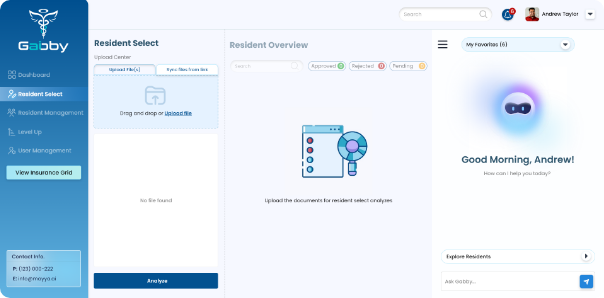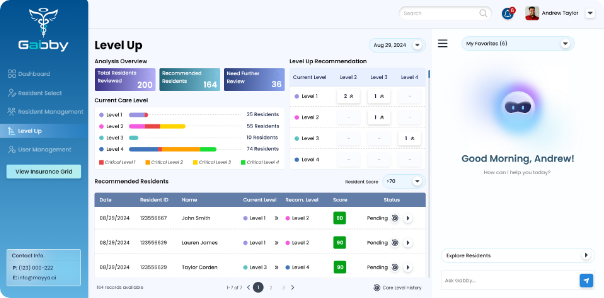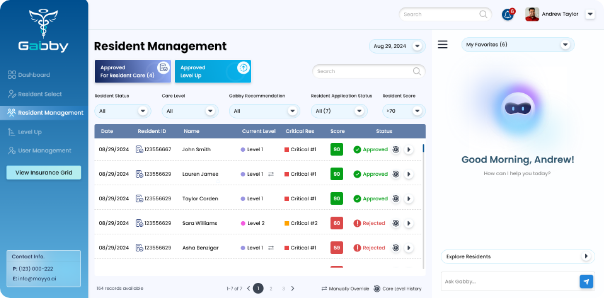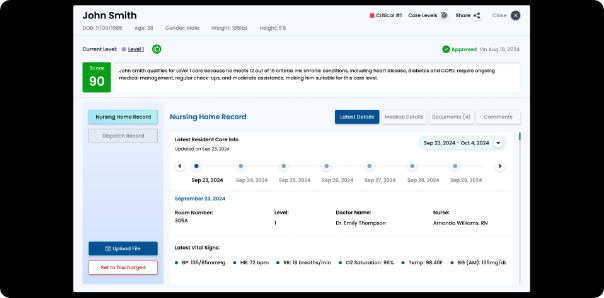How does the AI-driven chat feature work for accessing resident information?
+
Our AI-driven chat feature leverages advanced machine learning techniques, including large language
models (LLM), Model Training with weights and retrieval-augmented generation, to provide
real-time, accurate answers to your questions about resident care. The system securely integrates with
the resident's electronic health records (EHR) and other relevant clinical data, ensuring that it has
access to up-to-date information, including medical history, medications, treatment plans, and more.
Using advanced Advance Natural Laungauge Processing Models that have been fine tuned for the industry,
we search through vast amount of patient daat pulling the most pertinent information to respond to your
task. For example, if you ask about a patient's medication regimen or recent lab results, the AI Agent
will retrieve the relevant information saving hundreds of hours. Given this is advanced AI & ML the
model will continue to learn and become better over time with relevant feedback. The AI is Personalized
and context-Aware, it takes into account the context of previous interactions, the patient's specific
care plan, and any changes in their health status, to deliver accurate, personalized responses that
assist in decision-making. Secure and Compliant: Patient data is always handled securely, in compliance
with healthcare regulations like HIPAA, ensuring that sensitive information is protected throughout the
process. By using this chat feature, doctors and nurses can quickly access resident information,
improving efficiency, reducing errors, and helping to deliver better care.
Is resident data stored securely on the platform?
+
Yes, resident data is stored securely on our platform. We take data security and privacy very seriously,
ensuring that all patient information is protected at the highest standards. Here’s how we ensure
security:
- HIPAA Compliance: We are a HIPAA-certified company, which means we adhere to the
strict guidelines and regulations set forth by the Health Insurance Portability and Accountability
Act (HIPAA). This ensures that all patient data is handled with the utmost care and that patient
privacy is maintained at every step.
- AWS HIPAA-Compliant Infrastructure: All resident data is securely stored within
an AWS (Amazon Web Services) environment that is configured to meet HIPAA compliance standards. AWS
provides industry-leading security features, such as encryption at rest and in transit, to protect
sensitive health information from unauthorized access.
- Data Encryption: All data is encrypted both at rest and during transmission,
using advanced encryption protocols to prevent unauthorized access or breaches. This ensures that
any patient data stored or transmitted within the platform is secure and protected from any
potential threats.
- Access Control & Monitoring: We implement strict access controls, ensuring that
only authorized personnel have access to sensitive resident data. Our system tracks and logs access
to data for auditing purposes, helping to detect and prevent unauthorized activity.
- Regular Security Audits and Penetration Testing: We conduct regular security
audits, vulnerability assessments, and penetration testing to identify and address any potential
security weaknesses. Our platform is continuously updated to mitigate risks and stay ahead of
evolving security threats.
- By leveraging AWS's secure, HIPAA-compliant infrastructure, along with our internal security
practices, we ensure that all resident data is protected against unauthorized access, loss, or
compromise.
Can this platform provide recommendations for resident admissions?
+
Yes, our platform can provide data-driven recommendations for resident admissions by leveraging advanced
AI algorithms, predictive analytics, and seamless integration with key tools like the Insurance Grid and
PDPM (Patient-Driven Payment Model). The platform uses a vriety of resident data including medical
history, current health status, functional capabilities, and care needs—to evaluate the most appropriate
care settings for potential admissions. It assesses these factors in real time to help healthcare
providers make informed decisions about the level of care required.The AI-powered platform uses
predictive analytics to forecast the care needs of residents, based on historical data and trends. This
includes identifying residents who may require skilled nursing, rehabilitation, or other specialized
care, thus improving the accuracy and timeliness of admissions. Our AI and ML models excel at
personalization based on the patients individual needs.It delivers admission recommendations based on
individual patient characteristics, ensuring that each resident is matched with the right care level and
facility. This includes factoring in clinical severity, functional limitations, and any potential
insurance restrictions to optimize the care plan.
By leveraging these advanced technologies, including Insurance Grid and
PDPM, the platform not only improves the efficiency of the admission process but also
ensures that care is both clinically appropriate and financially sustainable.
How are level-up recommendations for existing residents determined?
+
Level-up recommendations for existing residents are determined using a combination of resident data,
predictive analytics, and integrations with PDPM and the Insurance Grid. By using a combintaion of AI,
ML and Predictive analytical models the AI Agent anticipate future care needs based on historical
trends, helping to identify residents who may need more intensive care. Our custom model closely aligns
with Patient-Driven Payment Model (PDPM) to recommedn appropriate care levels that align with Medicare’s
reimbursement guidelines. By aligning closely with the Insurance Grid, we ensure that the
recommendations are financially viable and aligned with the resident’s insurance coverage, reducing
delays and optimizing care. One of the key elements that is unique about our model is that it adjusts
dynamically to the patient condition.As and when the resident’s condition changes, the platform updates
care recommendations to ensure timely adjustments to their care plan.
Dynamic Care Adjustments: As a resident's condition changes, the platform updates care
recommendations to ensure timely adjustments to their care plan.
Ultimately, these data-driven insights help healthcare providers make informed decisions about when and
how to increase the level of care for residents, improving both clinical outcomes and financial
efficiency.
Does the Resident Care Dashboard integrate with other healthcare systems?
+
Yes, the Resident Care Dashboard integrates seamlessly with Electronic Health Records (EHR) systems and
other healthcare platforms. This integration ensures smooth data exchange, allowing for real-time
updates on resident health status, treatment plans, and care needs. By connecting with existing systems,
the dashboard provides a comprehensive view of each resident’s medical history, ensuring that healthcare
providers have all the information they need to make informed, timely decisions. This interoperability
enhances care coordination, reduces data silos, and improves overall workflow efficiency.


